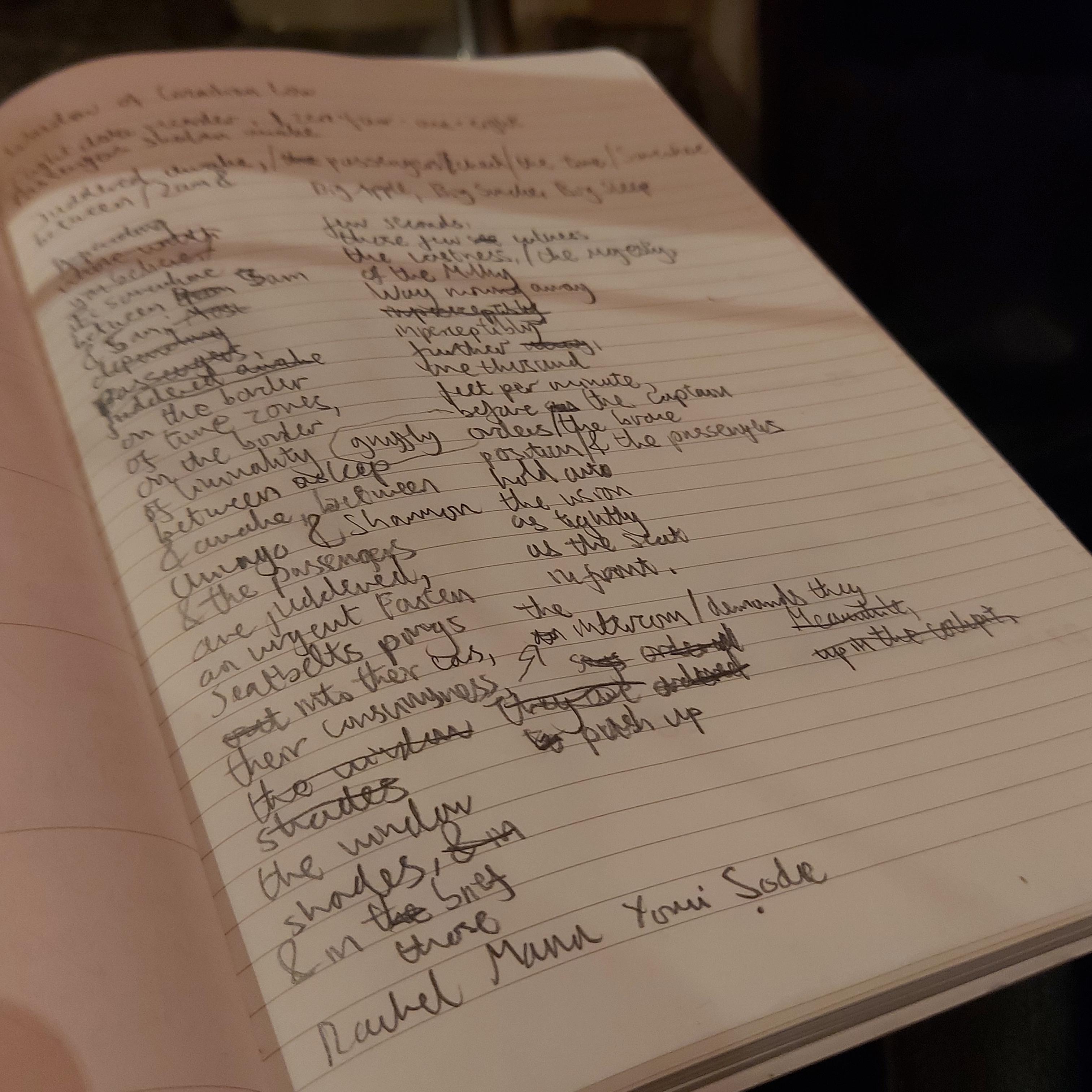Back in 2020, I was invited to take part in a collaborative project started by the poet W N Herbert, known to us all as Bill.
His idea was simple. He would create an email list containing a group of poets. Then each month, he would send out the first stanza of a new poem and incorporate suggestions from those poets for a second stanza, then a third, and so on. The complete poem would be posted publicly by the end of the month.
From the start, Bill introduced us to the renga form. We did play somewhat fast and loose with its complex rules and conventions, but we mostly stuck to the alternating stanza length: a three-line haiku followed by two lines of seven syllables each.
Here’s part of a recent renga. Depending on the contributor, some parts were written in standard English and some in Scots.
Then two days ago, he announced the project was at an end. It seems this always intended to run for four years, but in the initial excitement of being asked to contribute, I hadn’t read that part.
I haven’t always had the time and/or inspiration to contribute, but I always made a point of reading the constructed renga when it was sent out. The next stage is to think about publication; Bill has a lot of experience in this area, so it’ll probably happen.
Meanwhile, I look forward to hearing about whatever project he has planned next.

